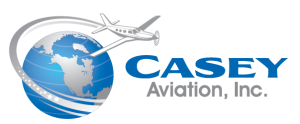Concerning oil changes…I have mine changed every 30 hours whether it is a Continental or a Lycoming engine. As a wise old pilot once told me, “You don’t want to go too much more than that without having someone look under the hood…just too many moving parts!” I’ve tried going to 50 hours during times that I’ve flow a lot in a year and have gone less too. However, I’ve settled down to 30 hours and have stuck with that for the last 3 years or so.
I now have an oil analysis completed on each oil change. I flew a Mirage for 7 years and never did oil analysis, but then had an engine failure in flight. On this particular failure, the #1 cylinder brass piston bushing (the one that surrounds the wrist pin that holds the piston to the piston rod) wore to a point of failure, which caused the rod to break and sever at the end (see my complete write-up in an earlier posting). I think the metal in this bushing failed slowly and the bits of brass would have showed up in the oil analysis, had there been one completed. Incidentally, when the engine was taken apart much later after the failure, the same brass bushing was nearly severed on one of the other cylinders, and it is now in my “trophy case” in my office.
Would oil analysis have clued me to have a top overhaul completed and kept me from having to experience an engine failure in flight? Probably. Would it work in every situation? Certainly not. It is simply a tool that you can use to ensure the health of your engine. I do oil changes now, but I don’t think that those who don’t are being stupid. Bottom line…you should know your engine well and you’ll need to take off the cowling to probe around for loose fittings, oil leaks, and any other anomalies. 30 hour oil changes will allow you to do just that…
